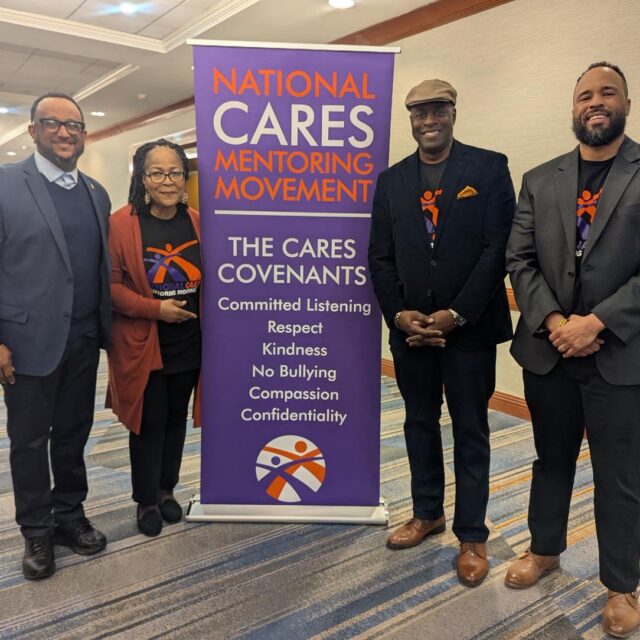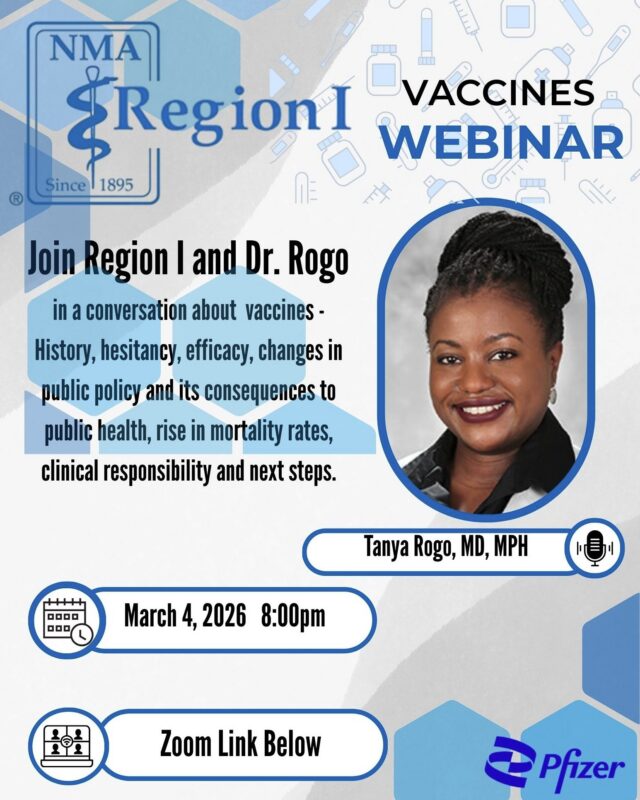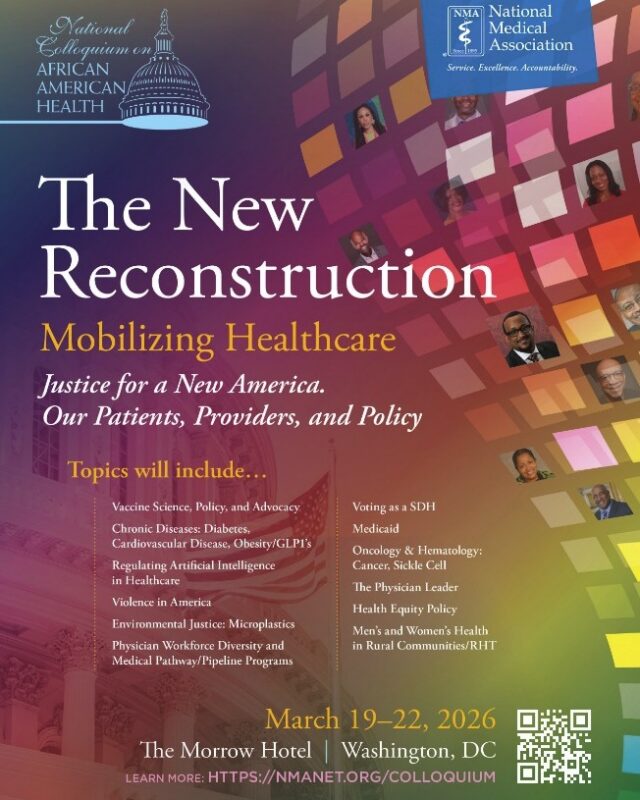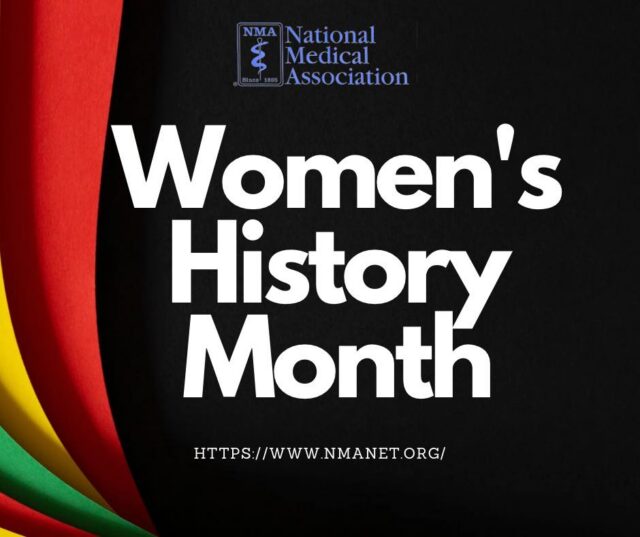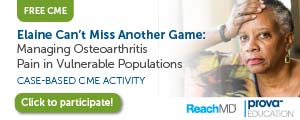As predicted, and as we expected, from new data, COVID-19 is affecting the African American community in alarming numbers. There are cities that are being disproportionally affected: in the state of Wisconsin, Milwaukee County population is 26% Black; however, African Americans make up almost half of Milwaukee County’s 945 cases and 81% of its 27 deaths. In Chicago, IL, over 70% of those who have died are African American, but are only 30% of the city’s population, according to recent data from the city; we are dying at 7 times the rate of others in Chicago. These same types of alarming numbers are being reflected in places like Detroit, New Orleans, parts of North Carolina and Mississippi.
It is known that the social determinants of health (SDoH) play as important a role in a person’s health as genetics or medical treatment. There are broadly six SDoH categories: economic stability, physical environment, education, food community and social content and healthcare systems. African Americans are adversely affected in this arena. For example, with poorer housing we cannot generally socially isolate at home each in a different wing of the house; in some instances, there may be six people in a 2-bedroom apartment. We work in types of employment that will not allow us to work from home; going out to work puts one at a higher risk of acquiring the infection. Many of these jobs also do not provide healthcare coverage, so we are underinsured or uninsured during a health crisis. When adding the underlying health risk factors of heart disease, diabetes and asthma, the African American population is at the epicenter of this current health crisis. These statistics are just an amplification of the “Slave Health Deficit” which has been an aftermath of years of discrimination, unequal treatment and injustices in healthcare, criminal justice and employment.
We call on the federal government to allow the CDC to place a high priority to provide more data regarding the racial and ethnic disparities in COVID-19 outcomes, that many cities are starting to see. We call on the federal government, vis-à-vis the CDC, to acknowledge the disparate effect of COVID-19 on the African-American community thus enabling serious, targeted health education to our communities. On both an immediate and long-term basis, efforts need to be redoubled to eliminate the disparities in morbidity and mortality, assure quality health care and eliminate racial discrimination in health care and health research.
By these efforts the adverse effect of COVID-19 on the African-American community can still be reduced. There is still time, but time is running out.
Oliver T. Brooks, MD
President, National Medical Association
###
The National Medical Association is the collective voice of African American physicians and the leading force for parity and justice in medicine. The NMA is the oldest organization of African American professionals in America representing African American physicians and the patients we serve in the United States and its territories.
Media Contact:
Michael Peery
(312) 217-2260
mlp@lengarmedia.com
